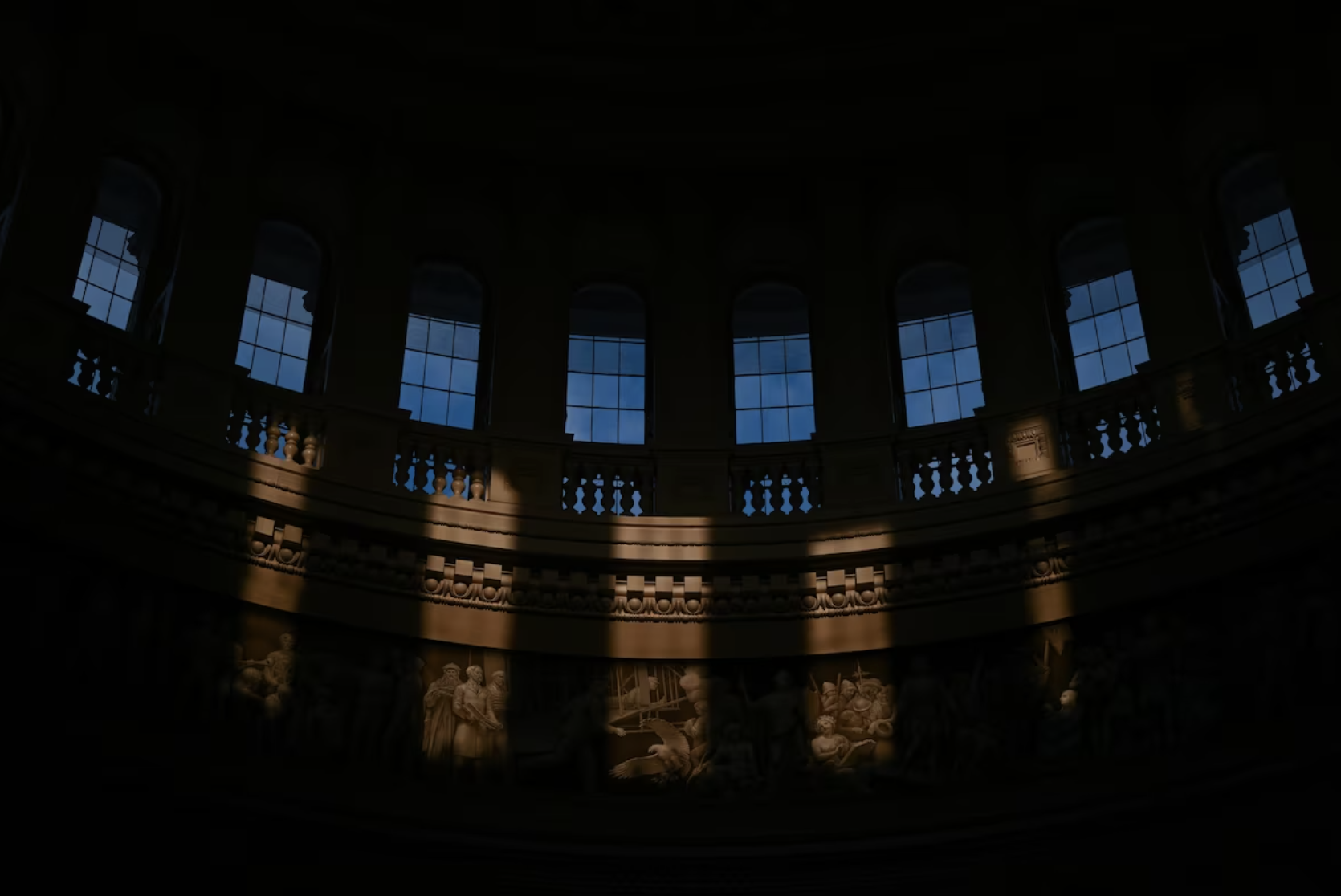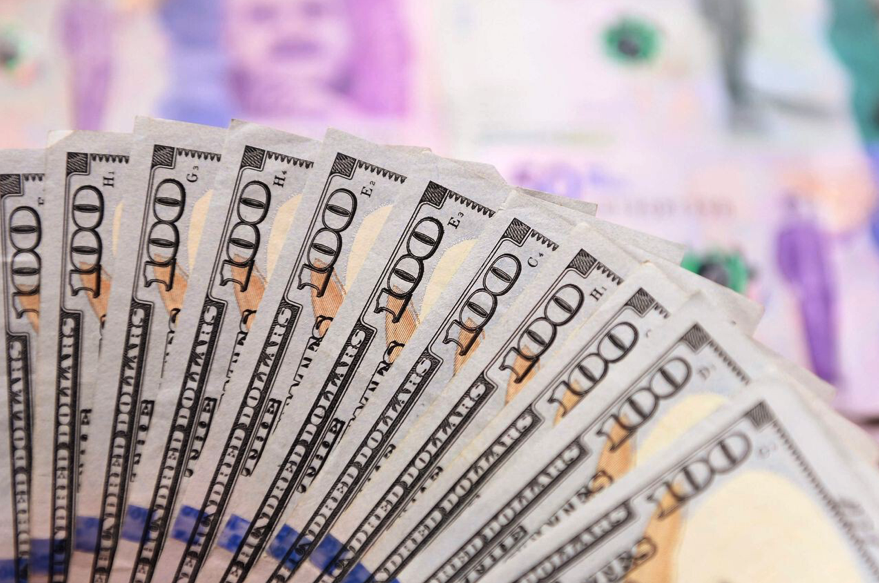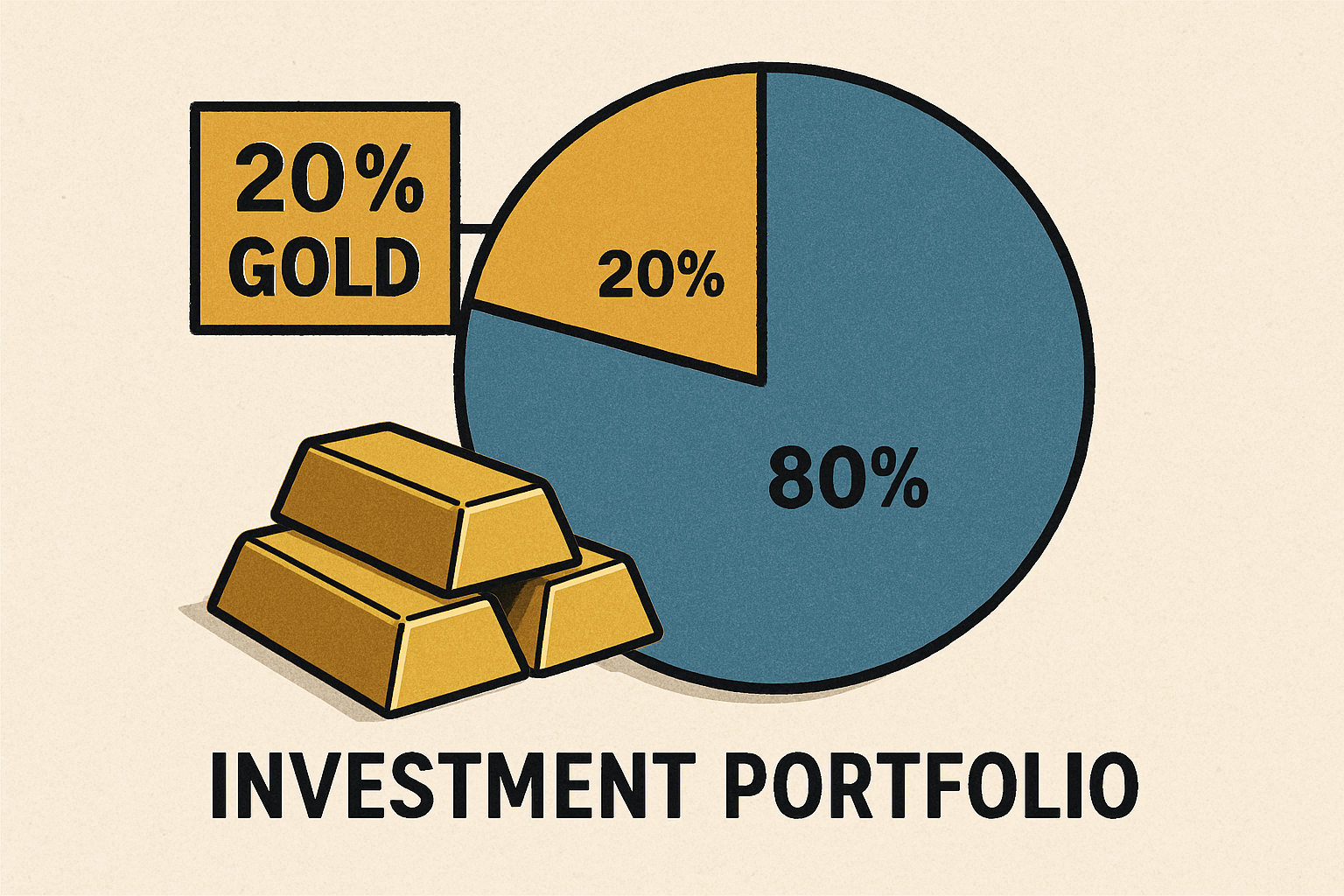Washington Post: U.S. debt is growing as possible government shutdown looms

Morning light inside the Capitol Rotunda. Congress will return soon to try to come to an agreement on federal spending for the next fiscal year, but rising deficits could complicate lawmakers' work. (Matt McClain/The Washington Post)
A strong economy usually reduces the deficit. Not this time.
The federal deficit is projected to roughly double this year, as bigger interest payments and lower tax receipts widen the nation’s spending imbalance despite robust overall economic growth.
After the government’s record spending in 2020 and 2021 to combat the impact of covid-19, the deficit dropped by the greatest amount ever in 2022, falling from close to $3 trillion to roughly $1 trillion. But rather than continue to fall to its pre-pandemic levels, the deficit then shot upward. Budget experts now project that it will probably rise to about $2 trillion for the fiscal year that ends Sept. 30, according to the Committee for a Responsible Federal Budget, a nonpartisan group that advocates for lower deficits. (These numbers ignore President Biden’s $400 billion student debt cancellation policy, which was struck down by the Supreme Court this year and never took effect.)
The unexpected deficit surge, which comes amid signs of strong growth in the economy overall, is likely to shape a fierce debate on Capitol Hill about the nation’s fiscal policies as lawmakers face a potential government shutdown this fall and choices over trillions of dollars in expiring tax cuts. The Senate will return this week from August recess, and the House will be back the following week. Biden and House Speaker Kevin McCarthy (R-Calif.) approved a deal in June to raise the nation’s borrowing limit, but it did little to alter the long-term debt trajectory.
The higher deficit may undermine Biden’s attempts to take credit for reining in the budget ahead of the 2024 presidential election. And it could pose a challenge to Republican lawmakers, who — despite their calls for fiscal responsibility — are pushing to extend more than $3 trillion in tax cuts they approved in 2017.
“The deficit will basically double from 2022 to 2023,” said Marc Goldwein, senior vice president of the Committee for a Responsible Federal Budget. “This should prompt a serious evaluation of federal policy going forward, though I worry it won’t.”
The surge in red ink has confounded many economists’ expectations. Typically, deficits contract when the economy grows, because businesses and consumers owe more in taxes and the government does not need to spend as much to protect those who have lost their job. Then deficits normally expand again in downturns, as those factors go into reverse. And yet the current surge in the deficit is coinciding with a period of unusually strong economic growth, amid historic lows in unemployment and robust corporate profits.
Jason Furman, who served as a top economist in the Obama administration and is now an economics professor at Harvard, said the current jump in the deficit is only surpassed by “major crises,” such as World War II, the 2008 financial meltdown or the coronavirus pandemic. Only during these national catastrophes did the United States see deficit numbers this large as a share of the economy or this substantial an increase in the deficit, Furman said. The U.S. economy is expected to grow at a steady 2.1 percent this year.
“To see this in an economy with low unemployment is truly stunning. There’s never been anything like it,” Furman said. “A good and strong economy, with no new emergency spending — and yet a deficit like this. The fact that it is so big in one year makes you think it must be some weird freakish thing going on.”
From August 2022 to this July, the federal government spent roughly $6.7 trillion while bringing in roughly $4.5 trillion. That represents a total increase in spending of 16 percent relative to last year and a 7 percent decrease in revenue, according to the Committee for a Responsible Federal Budget.
The deficit fell dramatically the year before in large part because of the expiration of trillions in emergency covid aid approved during the Trump and Biden administrations. But even as covid spending continued to fall this year, other factors pushed overall spending up.
The Treasury Department is also on track to take in substantially less in new revenue this year, in part because of the stock market’s slump last year. In 2021, amid a cryptocurrency bubble and an explosion in housing prices driven by rock-bottom interest rates, investors recorded huge gains that led them to pay capital gains taxes at record levels. But then the bubble burst, leading to a sharp drop in capital gains tax revenue. Automatic adjustments to the tax brackets to account for inflation also reduced tax obligations for many Americans, resulting in less incoming revenue relative to last year.
Then a number of other spending increases contributed to the rising deficit — Social Security payments increased because they are indexed to inflation; the government spent more on education, veterans benefits and health care; and the bipartisan infrastructure law, as well as the 2022 Inflation Reduction Act, started sending billions of dollars out from the government’s accounts.
Experts are fiercely divided on the extent to which the higher deficit amounts to a pressing problem for the economy.
The federal government can still issue more debt even as interest payments rise, with demand for the dollar remaining strong. That isn’t always the case: In Argentina, soaring debt levels have forced the government to impose limits to prevent citizens from taking money outside the country. Other government debt crises have been marked by catastrophic drops in the exchange rate, amid investor concerns that the currency will be devalued. These signs of distress have not yet materialized in the United States.
Fears of a debt crisis during the Obama administration also consistently failed to materialize, emboldening those who regarded the warnings of fiscal conservatives demanding budget cuts as overblown and ideologically motivated.
“If you think of places that have actually had problems of real fiscal sustainability which have gotten to the point of crisis — we know what those places look like, and this doesn’t look anything look like that,” said Matthew C. Klein, publisher of the Overshoot, a subscription research service focused on the global economy. “You can argue about whether you want it or not, but this is really not a crisis.”
And yet other economists remain highly concerned about the long-run fiscal picture. Larger government deficits lead to higher interest rates, which can distort private investment and drive up the cost of loans, like home mortgages. Brian Riedl, an economist at the Manhattan Institute, a libertarian-leaning think tank, said the United States appears on track for annual deficits that could rise to close to $3 trillion by the early 2030s.
“A debt growing much faster than the economy will drive up interest rates, reduce economic investment, and over time make interest payments the largest federal expenditure — risking a federal debt crisis,” Riedl said.
Other experts pointed out that the perception of higher deficits could make it harder for policymakers to approve spending to fight the next economic downturn, even if the United States does in fact have additional room to spend.
“If there is a perception that the deficit is too high, it will become ‘too high’ as it becomes self-limiting — the government will begin to drastically limit spending to influence how the deficit is perceived,” said Kyla Scanlon, a financial analyst who founded Bread, which produces financial education.
The shift could also have more immediate political consequences. Biden has routinely touted the decline in the deficit from 2021 to 2022, claiming to have restored fiscal responsibility to the White House after Donald Trump added more than $7 trillion to the national debt.
“Unlike House Republicans, President Biden takes reducing the deficit seriously — and he will continue calling out Republicans for their hypocrisy on the debt,” White House spokesman Michael Kikukawa said in a statement. The statement also emphasized that Biden’s budget proposals would reduce the deficit by trillions of dollars through higher taxes on the rich and corporations.
Still, Republicans are likely to also continue insisting that they are more responsible fiscal stewards. But GOP leaders are pushing to extend roughly $3.3 trillion in tax cuts, including breaks for large businesses and a reduction in the estate tax paid only by a small minority of wealthy families.




